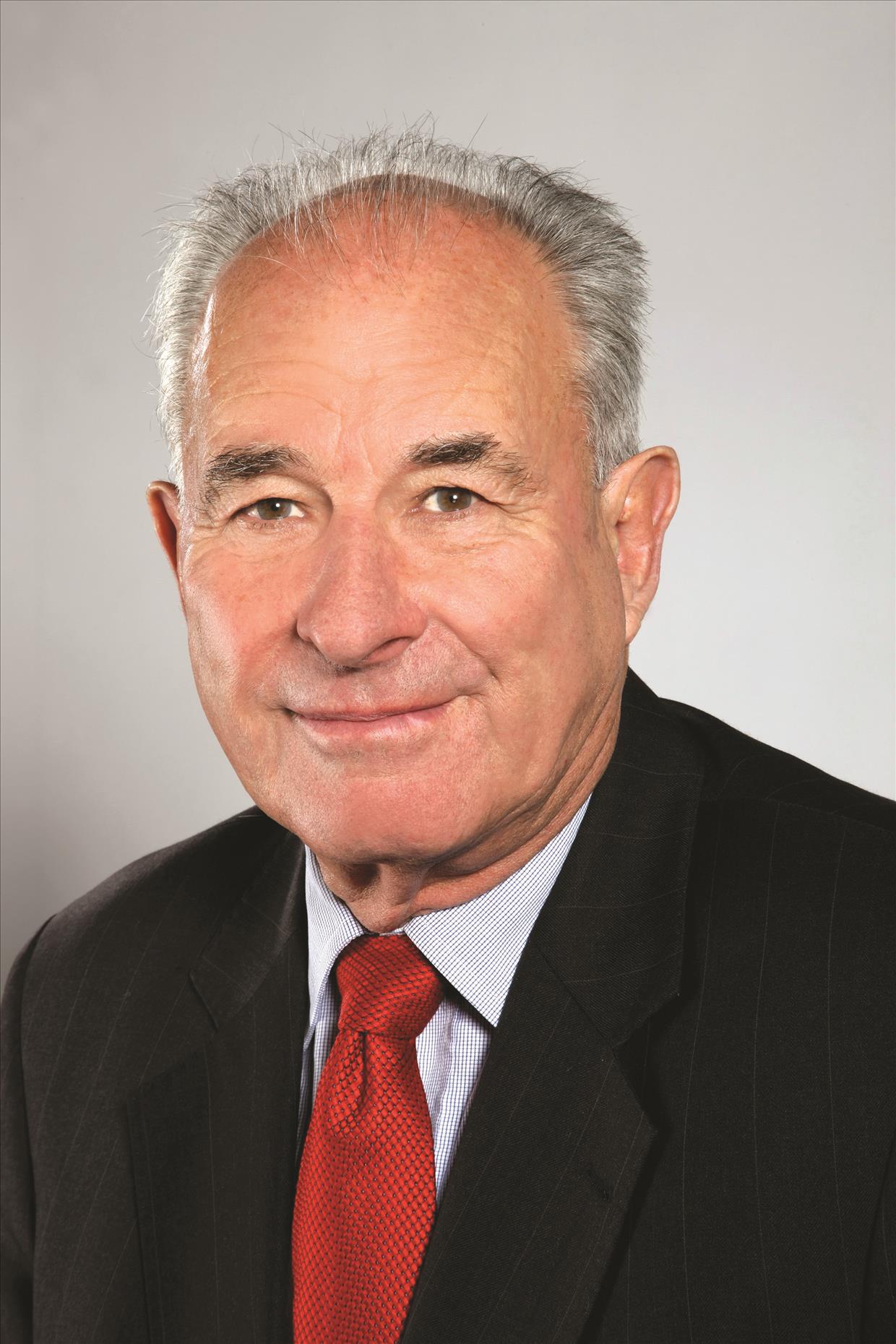 The concept of democracy and the challenges that it faces around the world will be the theme of the Indian Newslink Sir Anand Satyanand Lecture this year.
The concept of democracy and the challenges that it faces around the world will be the theme of the Indian Newslink Sir Anand Satyanand Lecture this year.
Former Commonwealth Secretary General and former Deputy Prime Minister and Foreign Minister of New Zealand Sir Don McKinnon will be the Guest Speaker, with Hon Phil Goff, Member of Parliament and former Minister of Foreign Affairs and Minister of Trade as the Master of Ceremonies at the Lecture, scheduled to be held at Pullman Hotel Auckland on Monday, July 28, 2014.
Sir Don, who is currently the Chairman of Auckland Regional Facilities, said that around the world there are challenges to democracy generally, and, against the many democratic institutions that have been built over the last 500 years.
General disillusionment
Delivering the Lecture, he will examine the problems and challenges that the world faces as a result of people’s disillusionment with democracy or those who are looking seriously at other forms of government.
“The volume of discussion in recent times in international magazines suggests that we have to positively respond to this environment or lose the argument by default in favour of systems that have superficial appeal, lack a substantial foundation and have no real evidence of working,” Sir Don said.
He will look at new governing moves in Russia, why China has done so well recently, why many Latin American countries resist true democratic institutions, why military dictators look appealing and why some countries don’t seem to suit democracy.
Raising standards
 Sir Don will expound on the fact that it is only true democracy that can give all peoples real increasing standards of living.
Sir Don will expound on the fact that it is only true democracy that can give all peoples real increasing standards of living.
“More oxygen is needed so that New Zealand can play its role locally, regionally and globally,” he said.
Indian Newslink readers constantly express concern about the developments occurring in India where the world’s largest polling is currently underway with more than 800 million voters and Fiji, which goes to polls on September 17.
Democracy is under test in both these countries. While India will determine if its course of governance can be changed, Fiji will hopefully see a new beginning with one-person-one-vote formula, bringing equality to all its citizens.
New Zealanders will also determine the next Government as they vote on September 20, 2014. The shape and form of political grouping that will govern the country over the next three years is anybody’s guess but as a democracy we have done well, although our claims of transparency, accountability and integrity have at times become subjects of public debate and discussion.
Constitutional Review
In the long-term perspective, New Zealand has to decide whether it would continue to be governed as a Monarchy or become a Republic electing its own Head of State. There is also an ongoing debate on the need to change the National Flag.
However, even as these futuristic moves are considered, New Zealanders must decide the need or otherwise for a written Constitution.
A Constitutional Advisory Panel established by the Government about two years ago submitted its Report to the Government in November 2013 along with its findings and recommendations, the immediate decision on which rests on the Cabinet.
As the Report mentioned, the Panel’s recommendations are intended to support current and future generations to participate in discussions and decisions about our constitutional arrangements. It encouraged New Zealanders to read the submissions, consider them from alternative perspectives and most importantly continue the conversation.
Recommendations
The Panel noted that there was no broad support for a ‘Supreme Constitution’ but there was ‘broad support’ for entrenching elements of the Constitution.
According to the Report, there was consensus that the Constitution should be more easily accessible and understood, one way of accomplishing which may be to assemble our constitutional protections into a single statute.
“People need more information before considering whether there should be change, in particular, information about the various kinds of Constitution, written and otherwise, and their respective advantages and disadvantages.”
The Panel suggested formation of an independent group responsible for compiling such information and advancing public understanding.
Treaty Matters
Affirming the importance of the Treaty of Waitangi as a foundational document, the Panel recommended that a Written Constitution should ensure that a Treaty education strategy is developed including the current role and status of the Treaty and the Treaty settlement process so that people can inform themselves about the rights and obligations under the Treaty.
“The current arrangements for the representation of Māori in Parliament should remain while the conversation continues.”
Bill of Rights
The Panel recommended establishment of a process, with public consultation and participation, to explore in more detail the options for amending the New Zealand Bill of Rights Act 1990 to improve its effectiveness.
It cited adding economic, social and cultural rights, property rights and environmental rights as areas of improvement, along with improving compliance by the Executive and Parliament with the standards in the Act.
The Panel said that there should also be a public consultation process to explore the possibilities of a fixed election date.
The Panel
Among the members of the Panel were Emeritus Professor John Burrows QC (Co-Chair), Sir Tipene O’Regan (Co-Chair), Former Dunedin Mayor Peter Chin, Former MP Deborah Coddington, Former Deputy Prime Minister Sir Michael Cullen, Former Minister and electorate MP John Luxton, Former Silver Fern Bernice Mene, Waikato University Associate Professor Dr Leonie Pihama, Massey University doctoral student Hinurewa Poutu, Former New Plymouth Mayor Peter Tennent, Former Member of New Zealand Māori Council and the World Council of Indigenous People Dr Ranginui Walker.
For more information, please visit www.ourconstitution.org.nz




